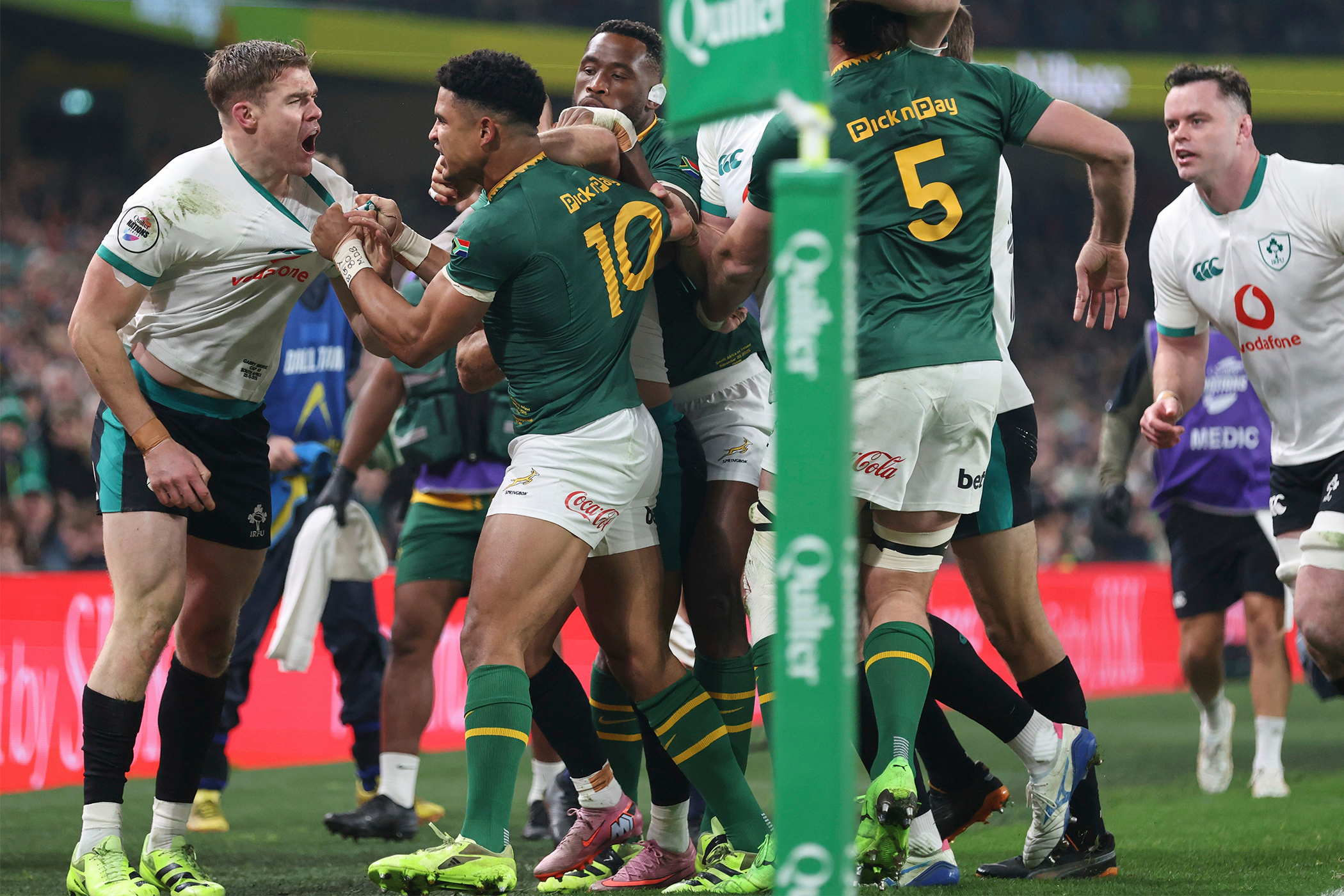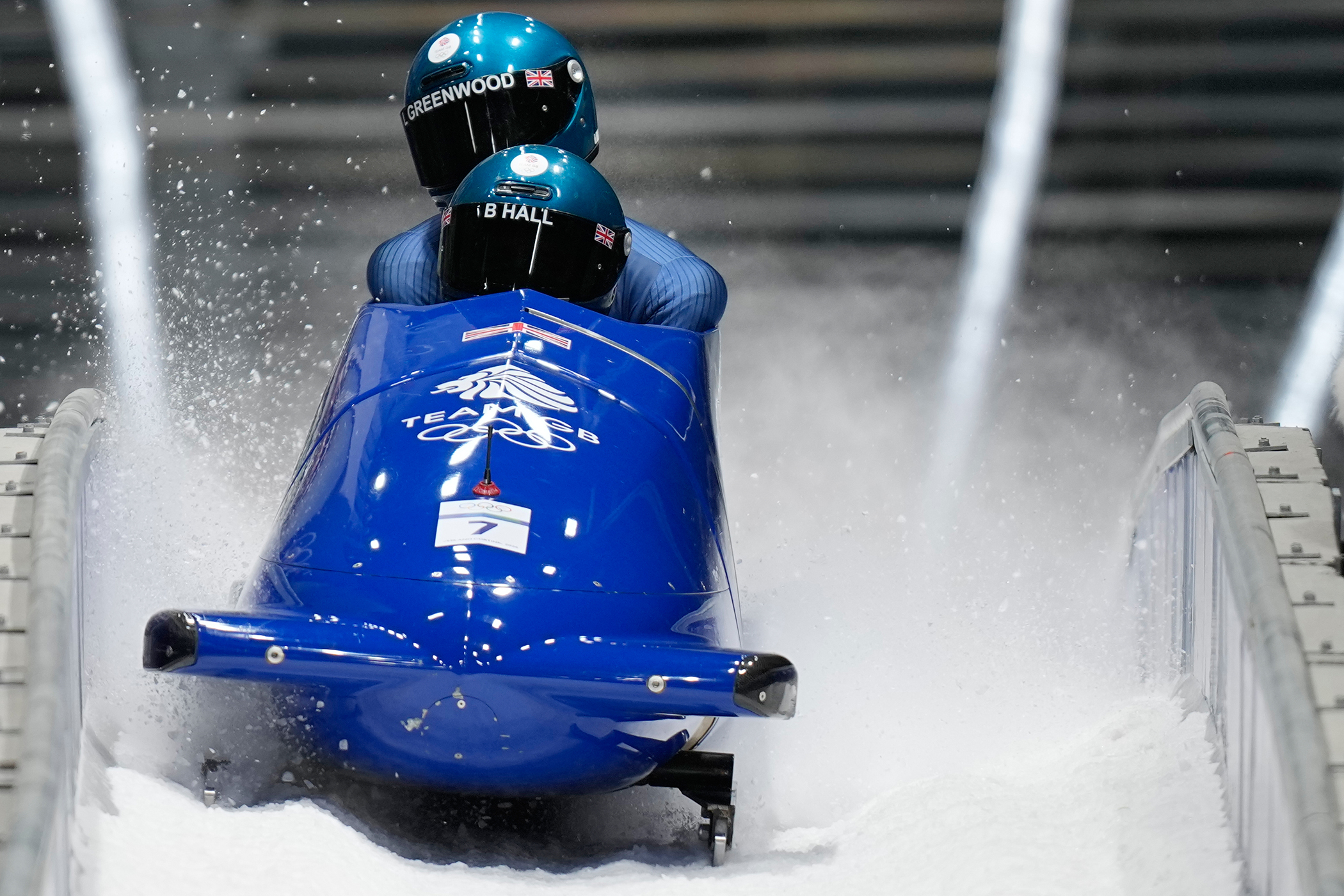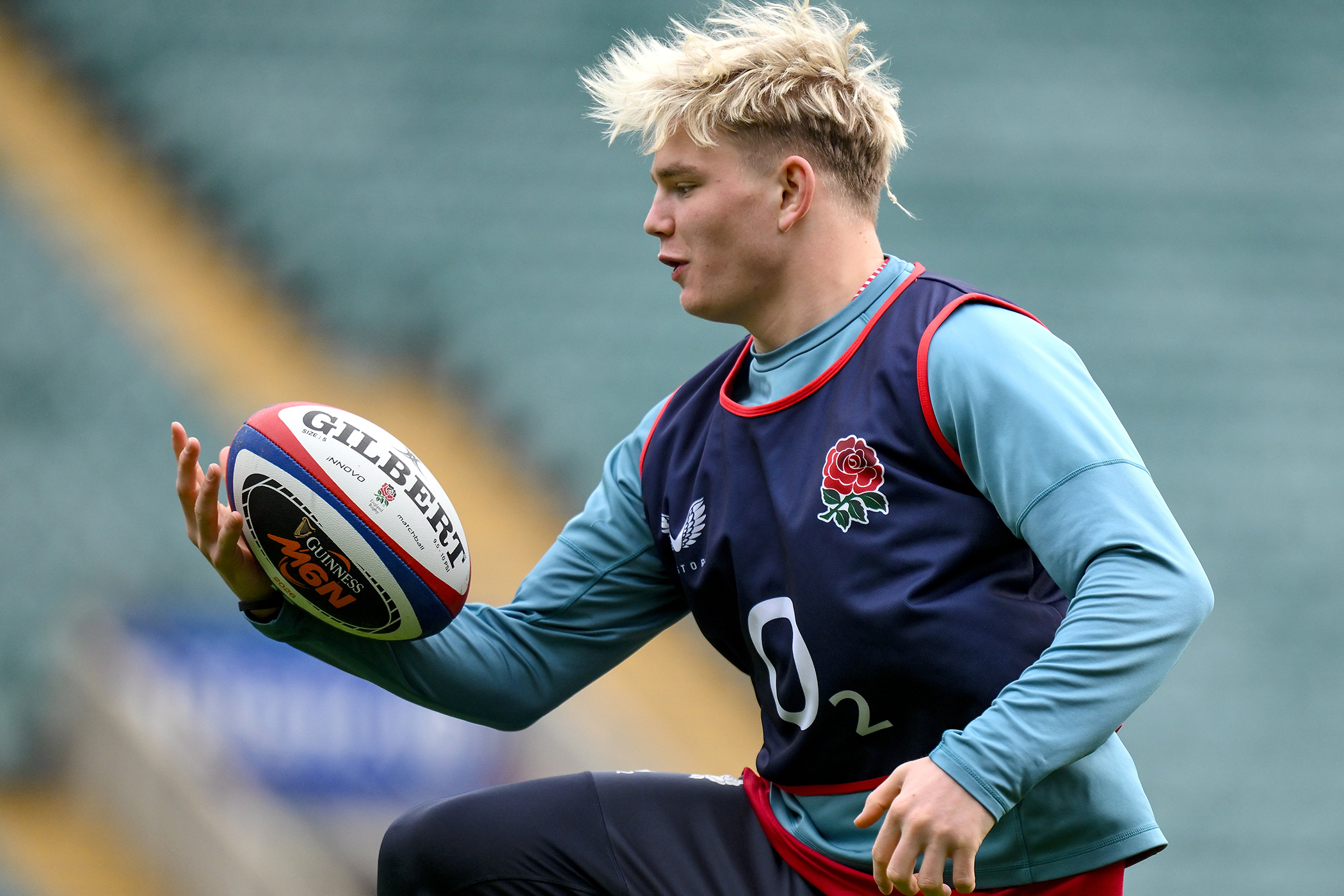In 2018, Rassie Erasmus sat in the Aviva Stadium stands as a spectator and watched Ireland dismantle the Springboks to claim a record 38-3 win. He wasn’t their coach yet, just a visitor taking a break from his role as head of Munster a county over. He sat incredulous, watching on as a once-proud team appeared stripped of identity, cohesion and confidence. That night was not merely a humiliation, it was a revelation. What Erasmus saw convinced him the Springboks needed to be rebuilt from the studs up. He decided, then and there, that he would be the one to do it.
Seven years later, he returned to the same ground with one of the greatest rugby dynasties forged from that humiliation. Two World Cups, a Lions series, a string of Rugby Championships, a restored aura and a match-day squad deep enough to withstand almost any crisis. The side that ran out in Dublin this time bore almost no resemblance to the fractured outfit he had watched in 2018. They have become the embodiment of all that is best about a fractured nation still coming to grips with its traumatic past. They have become Erasmus’s philosophy made flesh.
And yet for all the heights scaled, one itch remained. For all the titles and all the nights South Africa had bent elite opponents to their will, Erasmus had never beaten Ireland in Ireland. His record against Andy Farrell’s side had stubbornly stuck at 25%. It lingered as the final blank on a CV otherwise inked with success. Yesterday, finally, the score read: South Africa 24, Ireland 13. The last box was ticked.
There will be caveats; the let-off for Sacha Feinberg-Mngomezulu after his tackle on Tommy O’Brien in the first-half, the cascade of Irish yellow cards that left them at one stage with only a dozen men on the field, and the disparity in depth between two rugby nations shaped by utterly different sporting ecosystems. They might carry some weight, but none meaningfully diminish the fundamental truth that the Springboks have now conquered every meaningful challenge presented to them.
This was not a calamity for Ireland. Nor, despite the scoreline and the discipline issues, did it feel like a team in crisis. It was, instead, a moment of clarity. Ireland, once the sport’s most cohesive and controlled side, now look like a team moving through a necessary, if uncomfortable, period of transition. The structures are still there, but the effortless fluency of their peak years has faded. The authority that once emanated from a single on-field voice is now spread across several. The collisions, which they once shaped, are now battles they must survive.
And yet within the chaos, they found something to hold on to. Their defensive resolve, even when reduced, felt like a rediscovery of identity: not the polished, choreographed identity that defined their rise to world number one, but something grittier, rawer, perhaps more useful for the journey ahead.
But resolve is not a roadmap. Farrell now faces decisions that will shape Ireland’s next chapter: about leadership succession, about evolving the attack, about how quickly and boldly to empower the younger players who are beginning to define this side.
If South Africa leave Dublin with the sense of a circle finally closed, Ireland leave with another beginning to sketch. They have time, talent and a system capable of renewal, but the work cannot wait. The climb begins again.
The Aviva, in the end, told two stories. For Erasmus and the Springboks, it was the sealing of a dynasty. For Ireland, it was a reminder that resistance alone is not enough. Reinvention must follow.
Photograph by AP Photo/Peter Morrison
Newsletters
Choose the newsletters you want to receive
View more
For information about how The Observer protects your data, read our Privacy Policy


